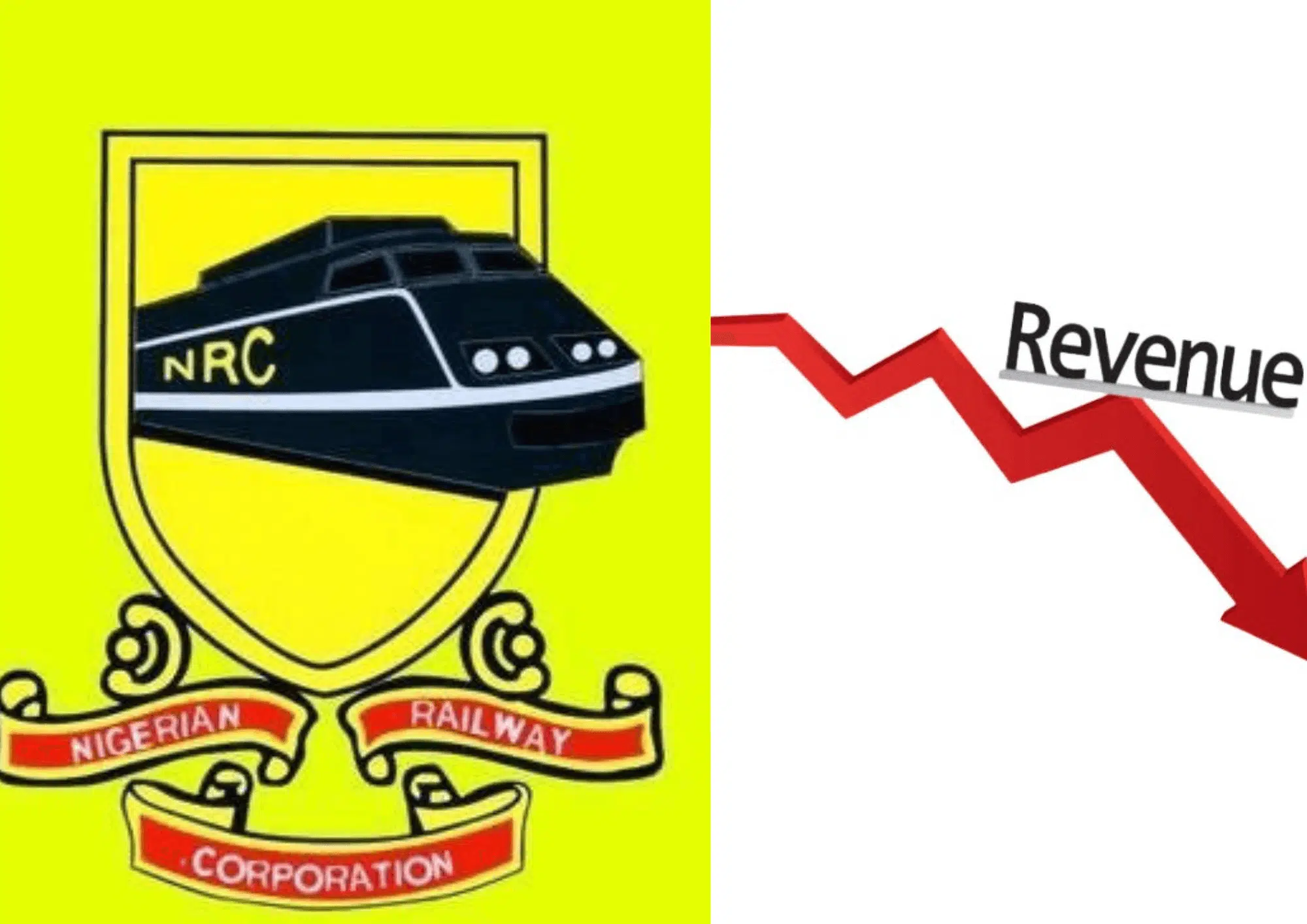Nigeria’s railway system plays a vital role in the country’s transportation network, but its full potential has not been realized. Recent data from the National Bureau of Statistics (NBS) for Q3 2024 shows mixed results. While total revenue grew by 16% year-on-year (YoY), it dropped 33% quarter-on-quarter (QoQ), indicating areas that need improvement.
Total revenue from railway traffic fell to ₦2.2 billion in Q3 2024, down from ₦3.3 billion in Q2 2024, a drop of 33%. This decline was mainly due to a sharp decrease in other income sources, which dropped from ₦994.7 million in Q2 to ₦34.8 million in Q3. These other income sources likely include earnings from activities like advertising, leasing railway assets, fines, and partnerships with logistics companies.
Cargo transportation revenue also declined, falling to ₦412.6 million from ₦537.4 million in Q2, due to a 33% drop in the volume of goods transported by rail, from 143,000 tons to 96,000 tons.
However, revenue from passenger transportation, which is the largest source of income, showed positive growth. Passenger service revenue increased by 1% QoQ to ₦1.7 billion, and by 14% YoY. Passenger numbers grew by 8% QoQ and 25% YoY, reaching over 743,000 travelers.
Income from pipeline operations also saw growth, with revenue rising by 23% QoQ to ₦51.9 million, driven by a similar 23% increase in the volume of goods transported to over 7,000 tons.
To fully unlock the railway sector’s potential, the government should address ongoing challenges and encourage private-sector investment. One way to do this is through tax incentives, such as tax holidays for railway projects and reduced import duties on rail equipment. This pattern was used by countries like India and Brazil have successfully used such incentives to expand their rail networks.
Additionally, the Nigeria Railway Corporation (NRC) Act currently grants the NRC exclusive control over railway operations, which limits competition and innovation. Changing this law to allow private-sector participation could attract more investment, improve infrastructure, and lower transportation costs.
These changes could not only improve the railway system but also boost economic growth and generate more tax revenue from businesses that depend on an efficient rail network.






